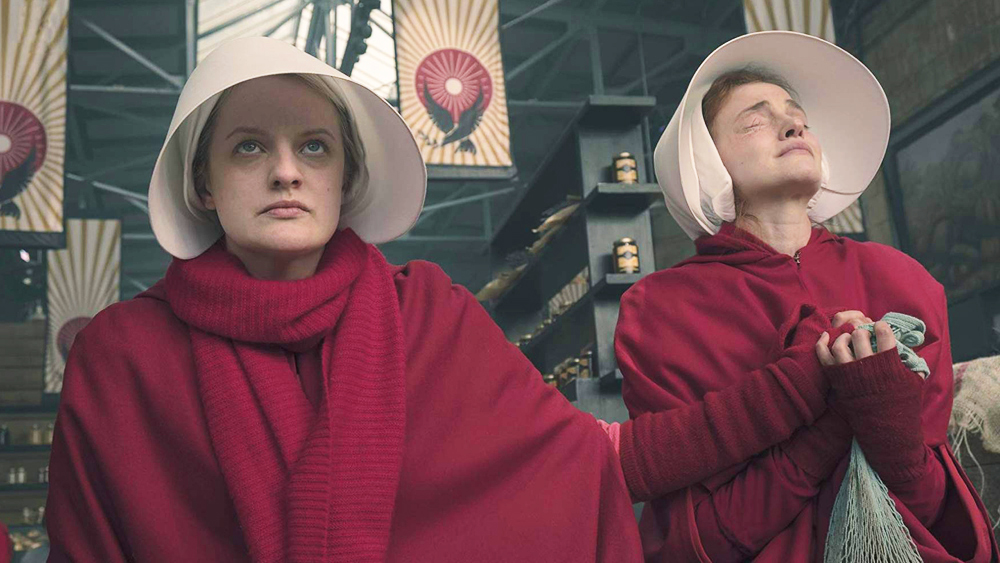“The statement has often been made, perhaps more vaguely than is desirable, that science is the handmaid of religion.”
Rev. J. J. Coxhead, 1877.
It is the year 2033, some two millennia since it all happened. The end may be nigh; indeed it is by all accounts. Thanks to technology and the ongoing labours of Christian love, the gospel of Jesus Christ has been heard in all of the world’s languages, and most of them have the Scriptures written down in a way they can understand in their hearts.
Many of the formerly great Christian institutions of the world have fallen. The Roman Catholic church is no more, buried by governments that determined its complicated past was too much to bear. “A poor church for the poor,” is what the assassinated Pope had wanted nearly two decades back, and that’s what he got. He was found dead in his sleep; no explanation was ever given, but those in the know know.
The historic Church fell, and along with it churches that were associated with nations: Anglicans, Presbyterians, Orthodox. All gone, and all of their buildings either demolished or domesticated. The rise of Nation-Corporate governance meant there was no longer any place for them. The Vatican itself is now owned by Alphabet, and its walls are impenetrable, physical and digital. Notre Dame in Paris was purchased by Posh and Becks a few years after the fire and is now a Spice Girls interactive museum.
But new churches have grown, indistinguishable from corporations, sometimes better for it. Christianity is all about its sub-brands now: ValleySong based in California, a subsidiary of FaithBook, is the biggest. Christians can still be found in high places, they still tend towards lives of service, but few of them are trusted. Most Christians lie low, spending their time quietly sharing fellowship by hologram and growing vegetables.
The exception is China, where a version of Christianity has exploded. After the Great Redirection of 2025, the Christo-Centralist party came to power and directed that all heads of government had to fear God and honour the Emperor. Suddenly, most of the population claimed to be believers and many older Christians redescribed themselves as non-conformists. Some sailed to New Zealand to start again. Others planted trees and loved their neighbours.
In Australassian, the world’s first nation-corporate, life is difficult but easier than elsewhere. We have survived the horrific winter heatwave so far, thanks to the underwater coastal cities so brilliantly designed by the young cyborg architect, DigiBlacket, our best body-machine hybrid yet. It’s amazing what a humanoid can do when things are desperate. People still aspire to water views.
The President of Australassian has just announced that neuro-implants for four-year-olds must include an Awareness of Spirituality Module, so the opportunities for Christian witness remain. The Centre for Semi-Private Christianity has been asked to provide the Jesus Insert. Laws have been passed to delay the Instant Seculariser Insert until after age 21.
Aged-care homes are the only places Aussie Christians can legally gather. Every day, joyous singalongs, Bible readings and prayer sessions take place, and the younger Christians work mainly as nurses, administrators and storytellers. These places are still exempt from the “Go@85” programme which has seen the population come under control. As long as the Christians are willing to self-fund and self-govern, their elderly are tolerated.
We have much to thank God for, though we spend more time begging him for mercy. But it shouldn’t be long now.
Greg Clarke has an unfailing interest in the end of the world.
Email This Story
Why not send this to a friend?

